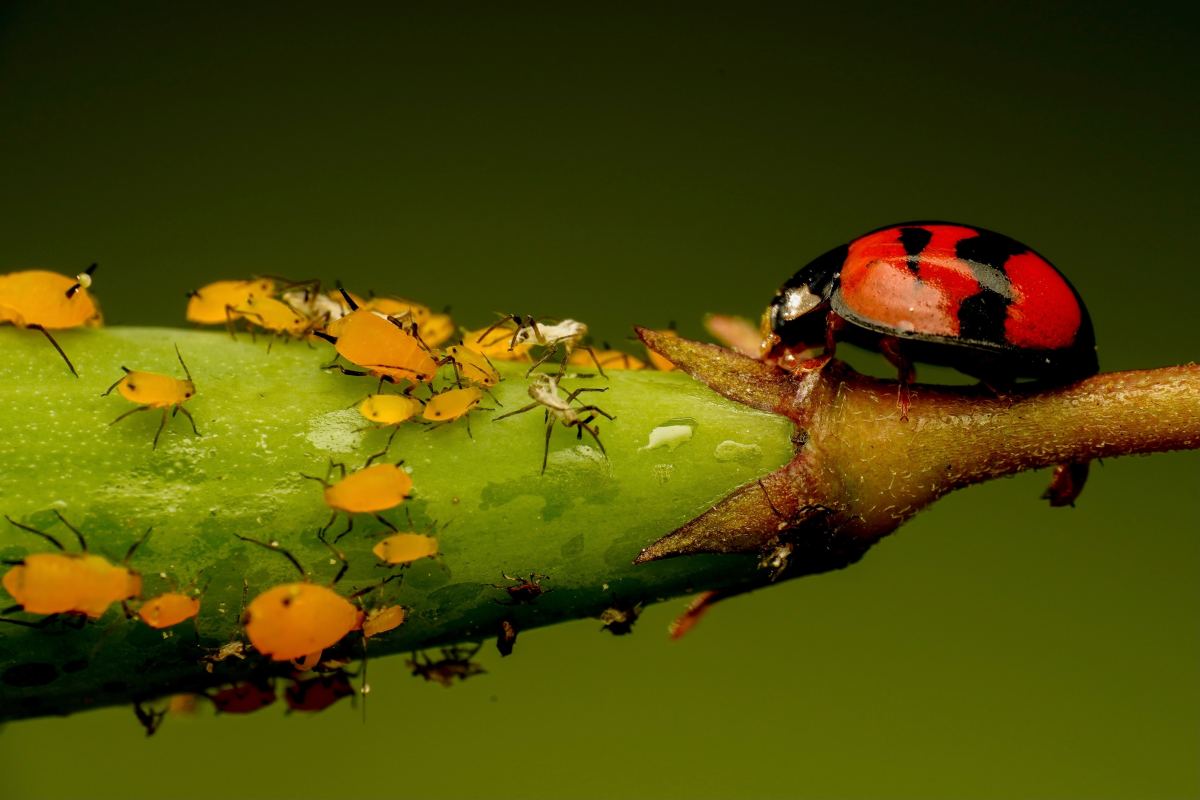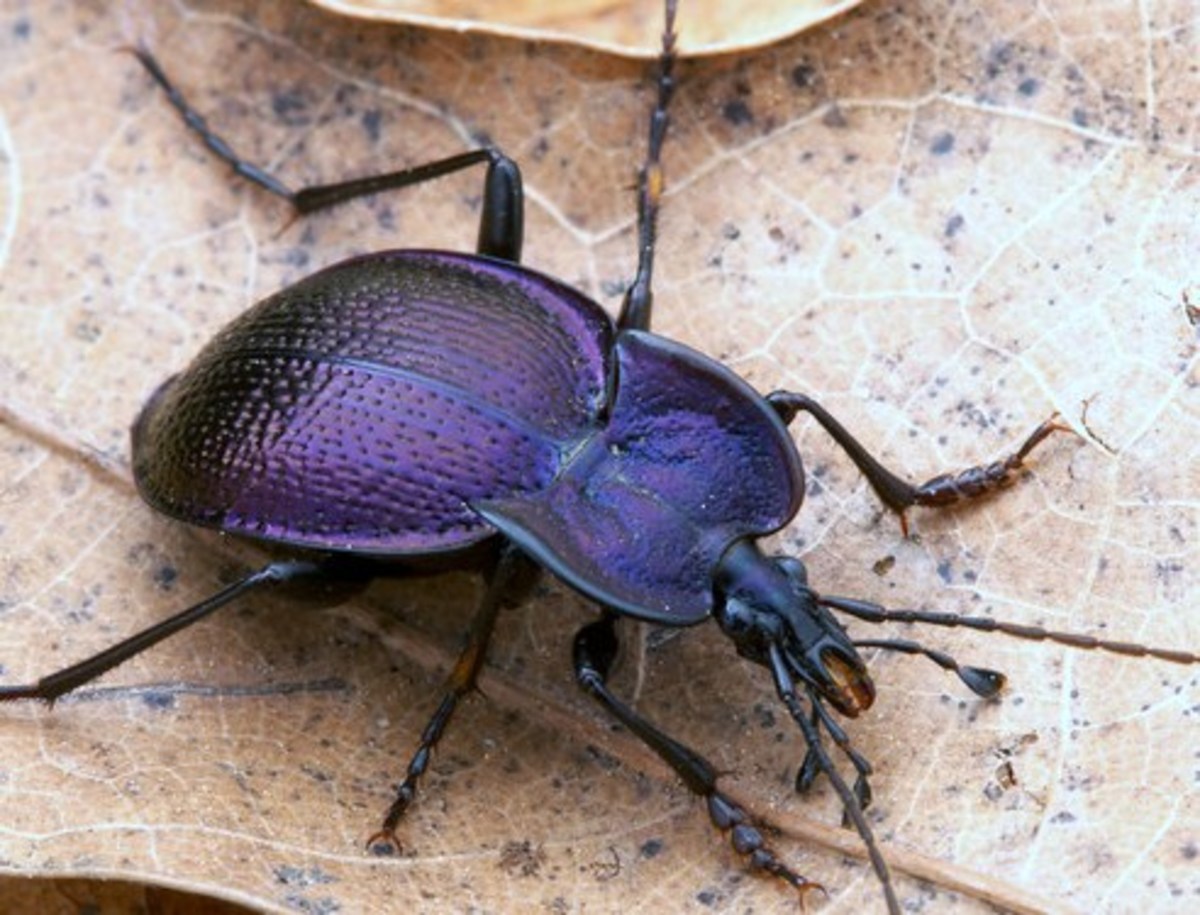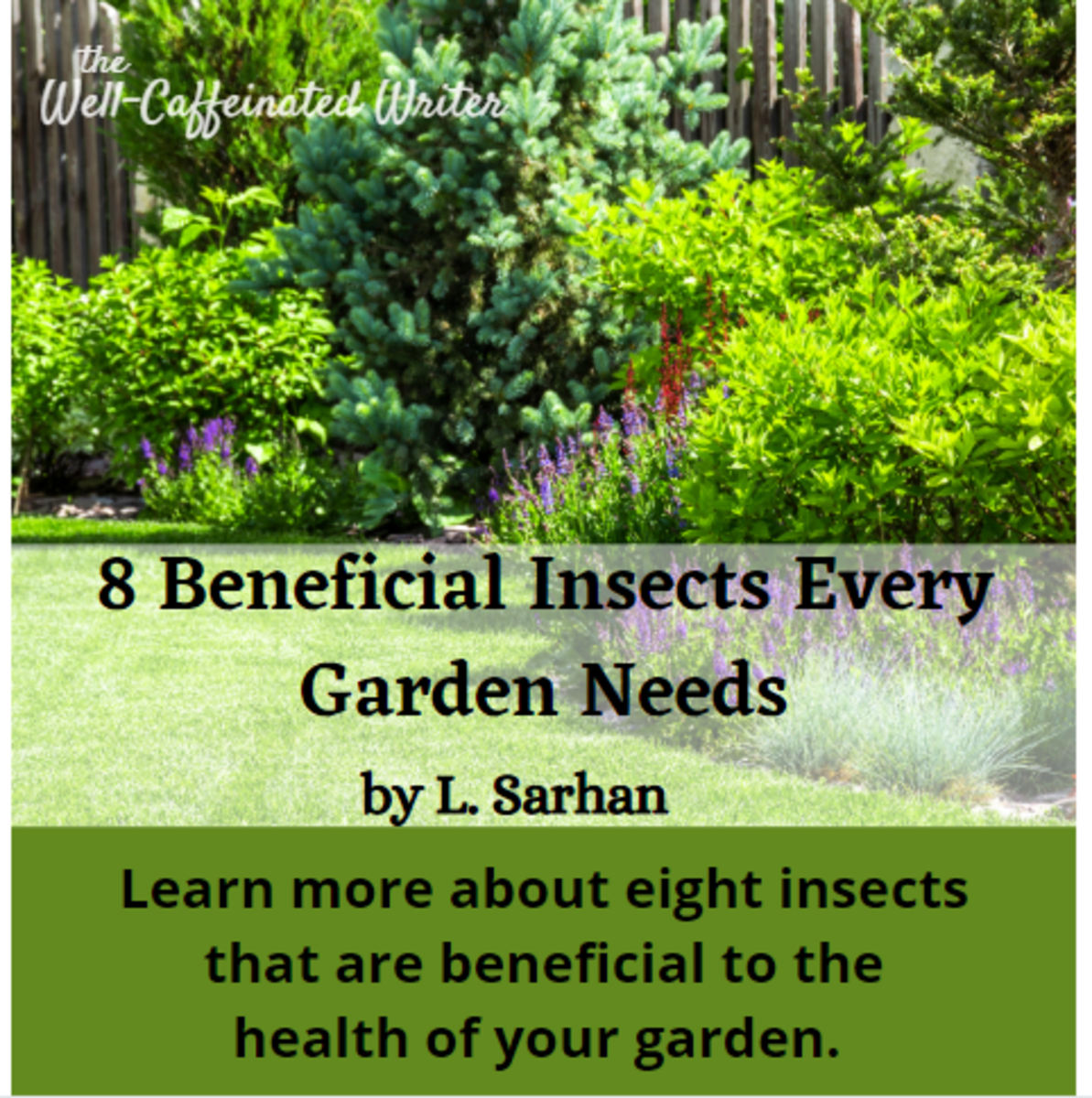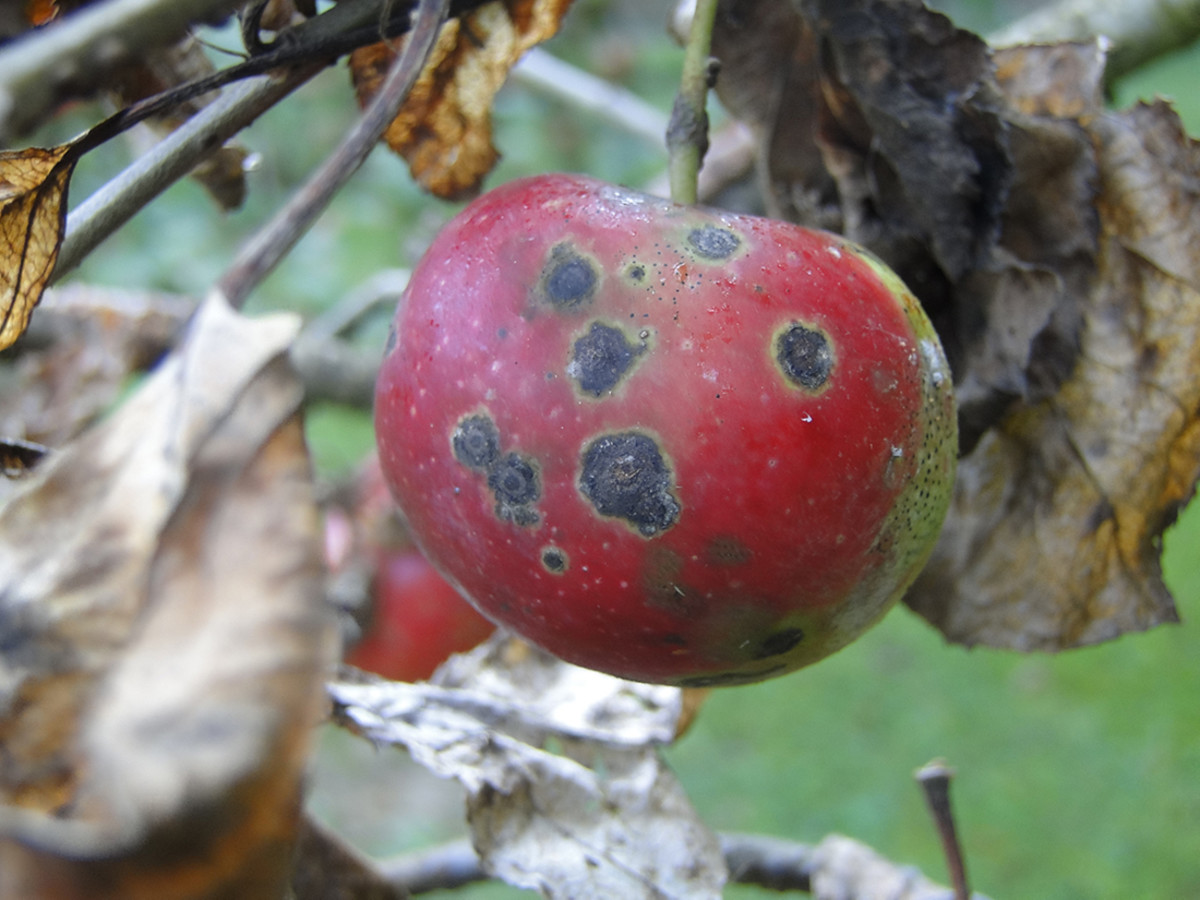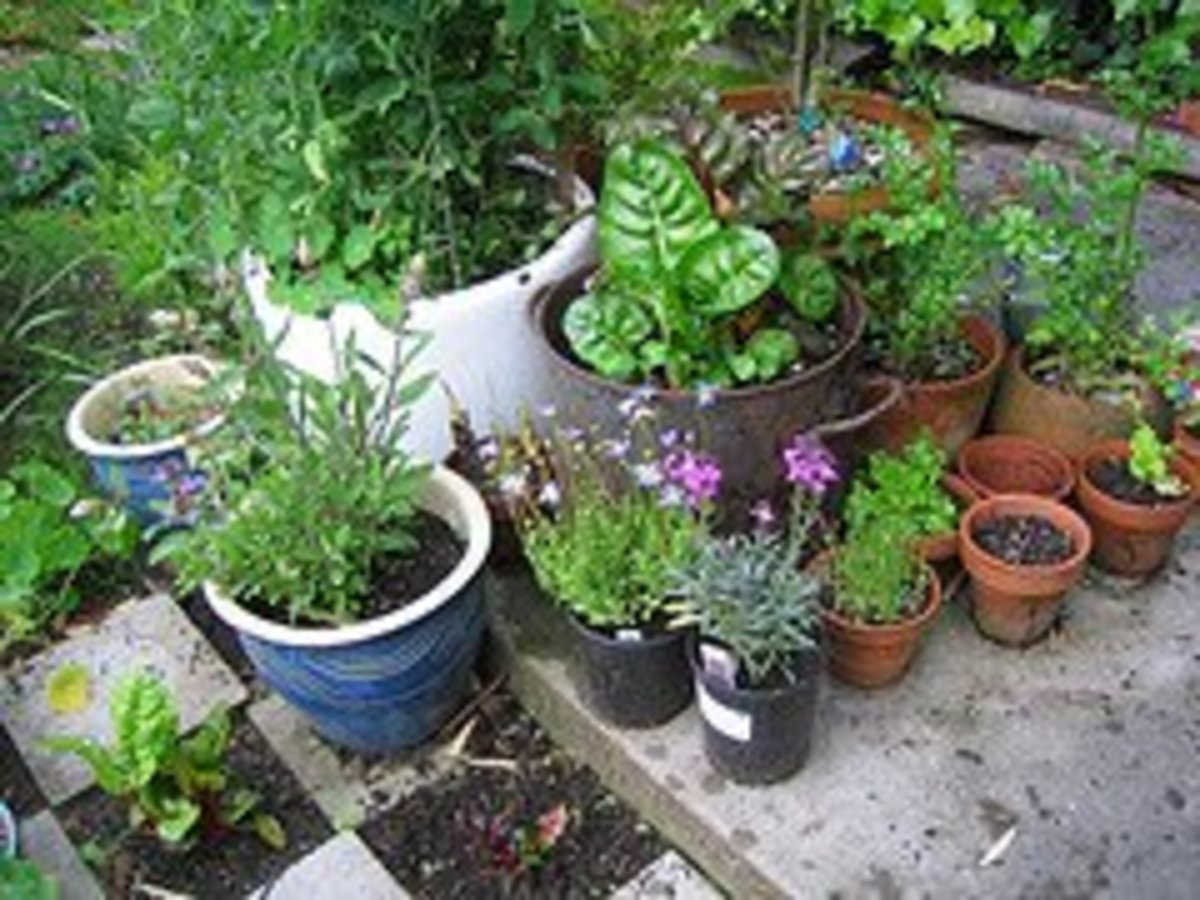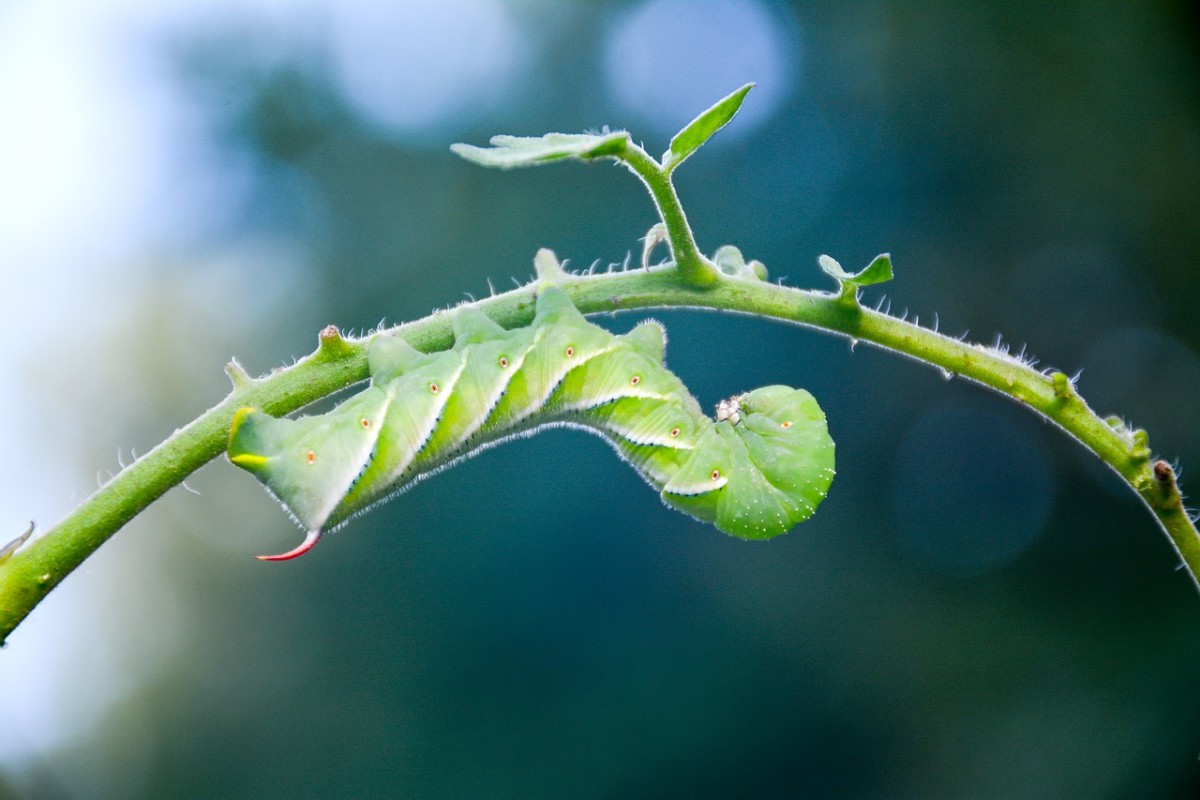Seattle Gardening: Pesting & Pruning
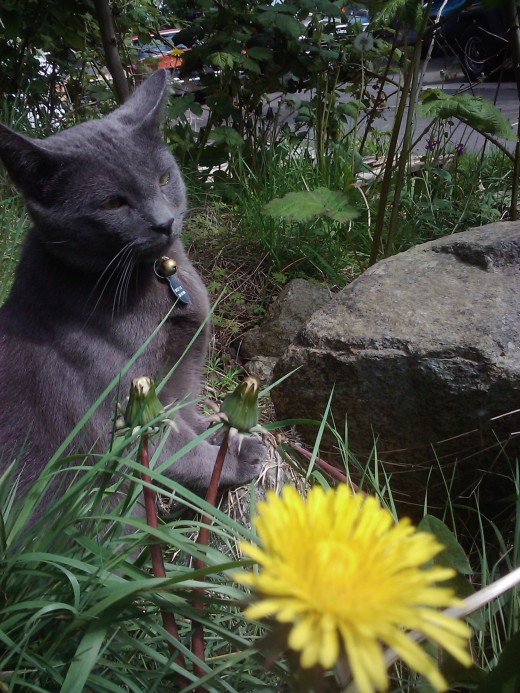
Bugs That Are Beneficial To Your Garden
- Butterflies - They help to spread pollen, attract birds (which will kindly leave ya some extra fertilizer!) and they add a little hint of magick to your garden.
- Dragonflies - They eat away the mosquitoes, gnats, flies and other annoying and potentially viral bugs.
- Bees - Trust me, I am not fond of bees. They sting, bite and like to fly around you because you smell good (which I suppose is a bee-type compliment in some way). Still, they are master pollinators, they make one of the most beneficial foods on earth (honey) and they are quickly going extinct thanks to gardeners and farmers using pesticides to kill them off (or to kill off other pests). If we manage to kill them all off, we're pretty much doomed - so please ignore the bees (or be nice to them and attract them, if that's you're thing).
- Lady Bugs - Who doesn't love it when a lady bug comes and lands on your hand while you're digging in the fresh soil? Not only is it cool that you can get a wish from them, or even divine otherworldly answers from the things that they do, but Lady Bugs will eat away at nasty little things like Aphids and Spiders.
- Spiders - Okay, so they aren't bugs. That being said, some spiders (like cabbage spiders) are natures natural garden moderators. They do a fantastic job of keeping the population of bugs down to a healthy level in your garden.
Snails, Caterpillars and Fly's! Oh My!
Some Seattle pests can get absolutely rediculous. Not only do they get all over your garden, but they eventually manage to wreak havoc through your home as well. I've noticed that we seem to have different "seasons" of various pests, so at least they don't usually come at you all at once. Some years it will be a "bee" season, which is great for your garden, not so great for your allergy prone family members. Then there is "fly" season were every kind of fly you can imagine seems to get everywhere, and those flies are often accompanied by various types of big ugly spiders. Other years you'll see an influx of various varieties of flying aunts, caterpillars, butterflies and moths. My favorite are the times when the Dragonflies are abundant, though that also means Seattle will have a lot more gnats and gnat eaters than usual.
Now, depending on the type of gardener you are, many of these "pests" are not really pests (like caterpillars that turn into beautiful butterflies), or you feel they are all pests and you want them gone. Either way, these insects do have an effect on your garden, so you'll want to do what you can to minimize the harmful pests and increase the activity from productive pests.
Tips From The Garden
- Spring is one of the best times to start de-pesting your garden.
- Spring is also the best time to preform your preliminary pruning.
- Tent Caterpillars aren't really all that harmful to extremely tall trees, but in those that are less than 20 ft, tent caterpillars can do a fair bit of damage. Not to mention, the huge web like nests they make aren't all that attractive, and they can attract worse pests. Use a long pruner or long sharp tool to get them out of tall trees, or just a pear of sheers if they are low enough to be cut by hand.
- Spray neem oil on any plants known to attract aphids or earwicks. If you do this as the spring begins, and keep a bit of maintenance, you'll be able to keep most aphids away.
- Yarrow is a very useful plant, with hundreds of medicinal uses. Though did you known that it also works to keep aphids away from your garden?
- Dandelions are widely considered a pest, but are actually a VERY useful herb. If you don't want to waste them, but don't want them taking over your garden, pull them up during the middle of they're first bloom. Dig down and get them by the roots. Then take the blossoms, leaves and stems, and mix them up in a garden salad. Take the roots and make a tea or poultice that can be used as a diuretic or a boost of vitamin C and Potassium.
- Garden debris (like old decaying leaves) are a big source of attract for pests like slugs and snails. If you clean up any garden debris, you'll have less of a slimy little problem. Bonus - You can use that debris to make some fantastic compost, and depending on the type of debris it is, you can also use that same debris to attract controlled populations of useful little mushrooms in the late summer and fall.
- If you have any plum trees, forsythia, quince or similar small trees, they need your help in trimming off some weight. In the spring, cut them back to help promote growth. This is also the same process for any varieties of dormant fruit trees you may have.
- The end spring is a great time to beautify any ground cover plants you may have.
- If you have blackberry or raspberry bushes taking over any portion of your yard, the best time to trim them back is just before spring starts. Once the spring hits, you'll see them burst with life, even if they looked completely dead all winter, and before you know it, they'll be striking out in every direction. Cut them down as completely as you can if you want to keep them contained and promote extra berry growth. Alternatively - you can also start to shape and mold these vine plants at this time. If you want to create an archway, a path through the bushes for berry picking in the summer or you want to create some sort of interesting stickery garden statue, then do it now.
- Crab grass will start to rear it's ugly little heads in the beginning of spring. Wear some thick gloves and pull it up by the roots. If you want something more permanent, you'll want to toss away the dirt that grew near the grass as well.
- If you have any hedges, give them a super pruning in the early spring, making sure that the bottom is wider then the top. This will promote maximum light and rain to the hedges.
Most Harmful Northwest Pests
- Slugs
- Hornets
- Aphids
- Spider Mites
- Moths
- Tent Caterpillars
- Shelf Mushrooms
- Earwicks
- Crab Grass



